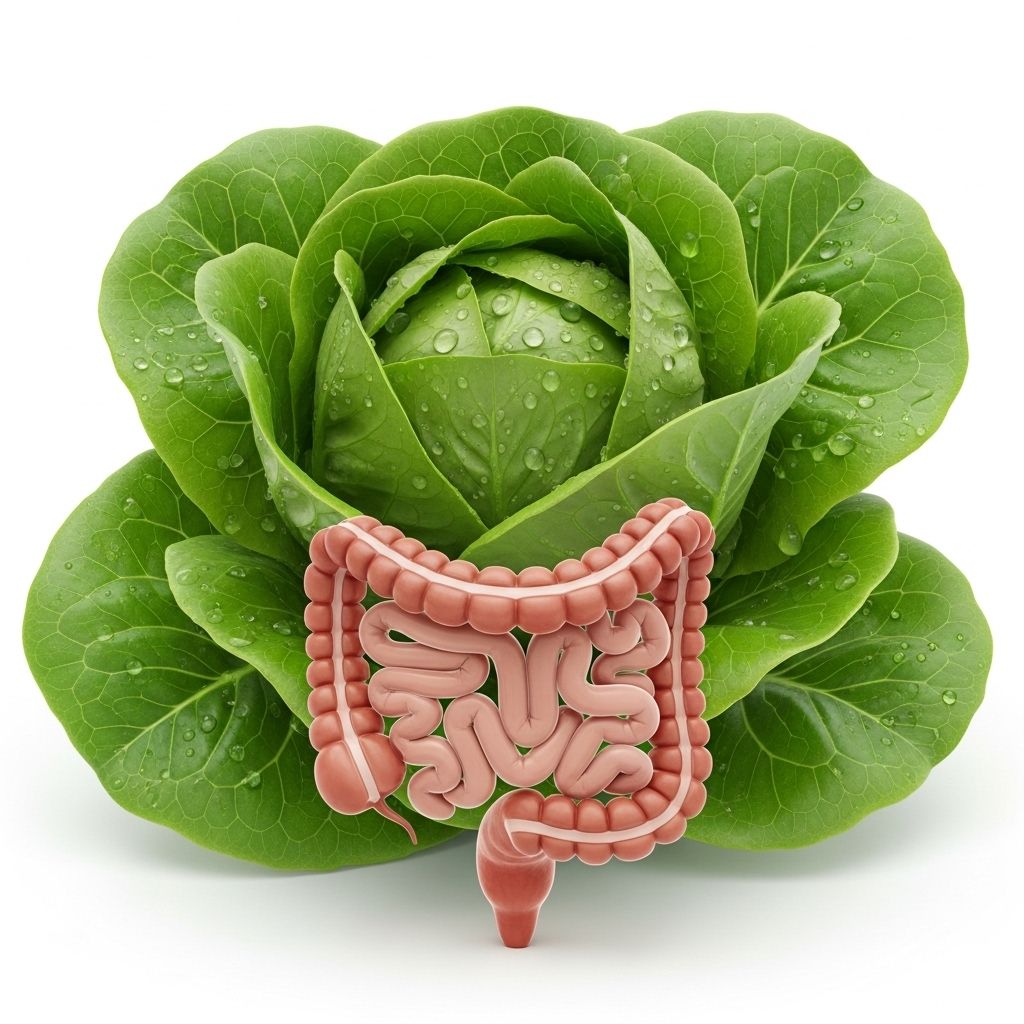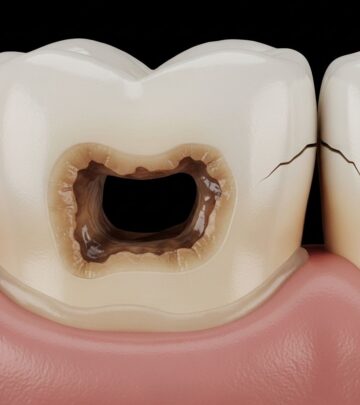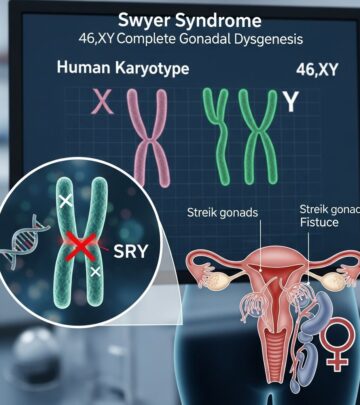Lettuce and Digestive Health
Exploring the Effects of Lettuce on the Digestive System

Lettuce and Digestive Health: An Overview
Lettuce is a common ingredient in many diets, known for its nutritional benefits. However, some individuals may experience digestive discomfort after consuming lettuce, including stomach pain and gas. This article explores the relationship between lettuce consumption and digestive health.
## Causes of Digestive Issues with LettuceLettuce is generally considered a low gas-producing food, meaning it is less likely to cause significant gas or bloating compared to foods high in fermentable carbohydrates like beans or cabbage. However, some people may still experience discomfort due to other factors:-
Lettuce Fermentation:
Research indicates that lettuce is a low gas-releasing substrate for microbiota fermentation. This suggests that while lettuce does contribute to gas production, it is not as significant as other foods.-Abdominal Wall Activity:
In some cases, abdominal distension after eating lettuce might be due to an uncoordinated response of the abdominal muscles and diaphragm, rather than gas production itself.## Nutritional Content of LettuceLettuce is rich in vitamins A and K, and it contains a moderate amount of fiber. The nutritional profile of lettuce can have several implications for digestive health:| Nutrient | Amount per 100g ||———–|———————-|| Fiber | Approximately 1.2g || Water | About 95.6g || Vitamin A | 85 μg || Vitamin K | 122 μg |These nutrients can contribute positively to digestive health by supporting the movement of food through the digestive system and enhancing the absorption of other vitamins and minerals.
## Managing Digestive Issues with LettuceFor individuals experiencing digestive discomfort after eating lettuce, several strategies can help manage symptoms:-
Cooking Lettuce:
Cooking can break down some of the fibers and make lettuce easier to digest for some people.-Portion Control:
Consuming lettuce in moderation can reduce the likelihood of adverse reactions.-Behavioral Therapies:
Addressing uncoordinated abdominal muscle responses through behavioral therapies may help alleviate symptoms like abdominal distension.## Frequently Asked Questions (FAQs) Q: Is Lettuce a Common Cause of Gas?A: Lettuce is not typically a high gas-producing food. However, individual tolerance and digestion can vary. Q: Can Lettuce Cause Stomach Pain?A: While uncommon, some individuals may experience stomach pain due to personal sensitivities or reactions to lettuce. Q: How Can I Reduce Digestive Issues with Lettuce?A: Cooking lettuce, eating smaller portions, and managing stress can help reduce digestive discomfort.## ConclusionLettuce is generally a safe and beneficial addition to most diets, but it can cause digestive issues in some individuals. Understanding the causes of these issues and implementing strategies to manage them can help maintain a healthy digestive system while still enjoying the nutritional benefits of lettuce.Read full bio of Sneha Tete












